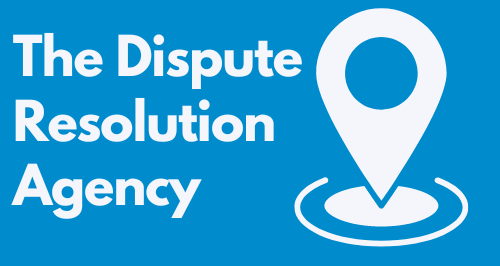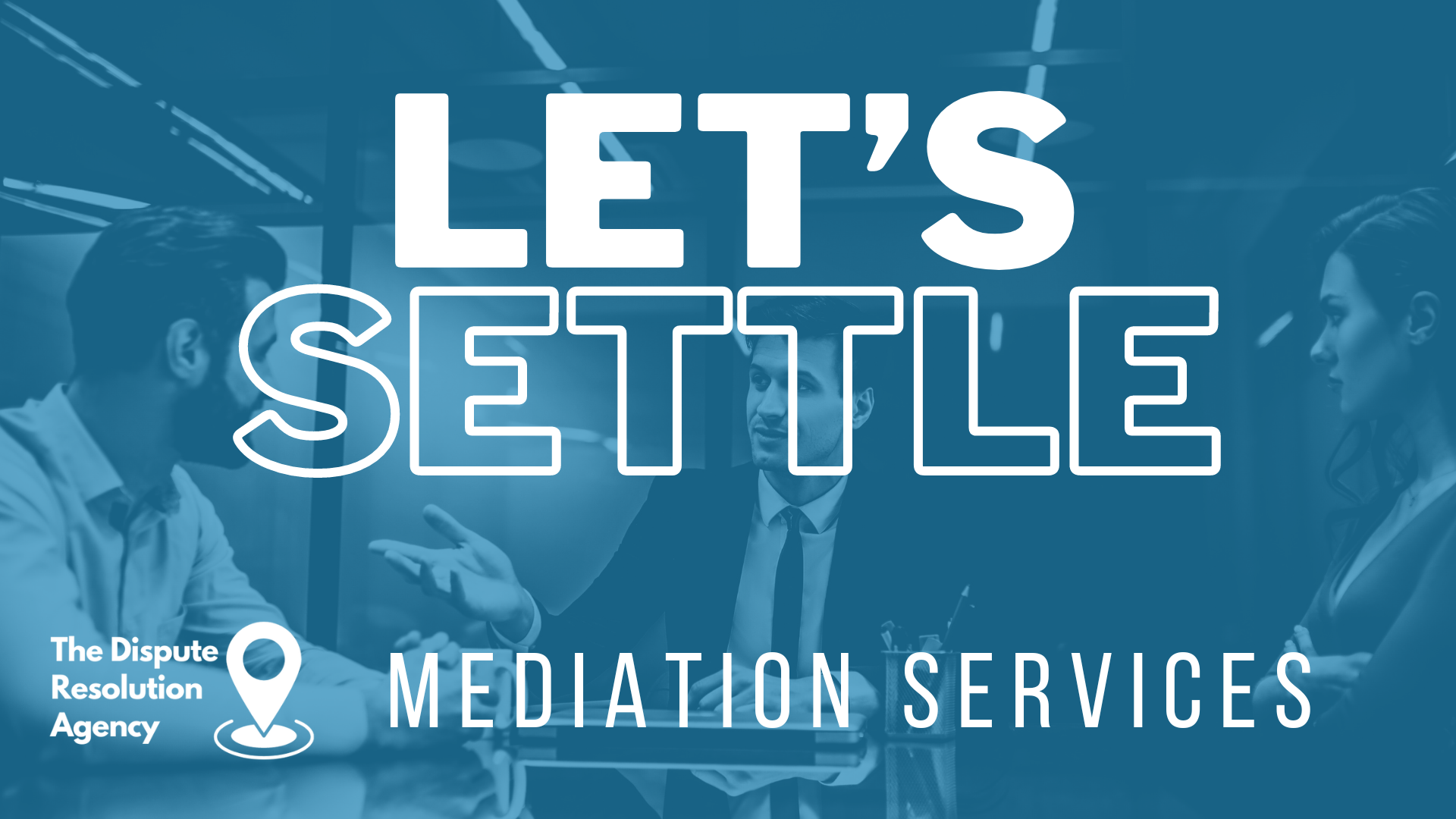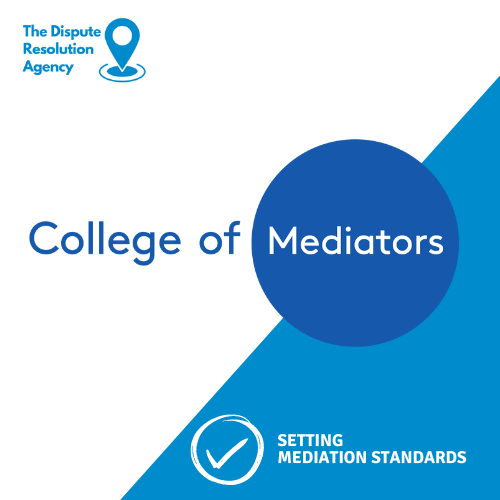Small Claim or Mediation?
The merits of mediation!

What can be mediated?
Mediation is a fantastic form of dispute resolution for the right matters. We help many people who go through the small claims court in the UK but not all matters are suitable for mediation.
What makes a suitable matter for mediation? There are some critical elements to ensure that mediation is given the very best opportunity.
Parties (the people involved):
The people involved must all be contactable and agree to mediate (or explore this as an option). Where the other party (or parties) is/are not contactable or against the thought of talking with you, then mediation is unlikely to be unsuitable. If everyone is at least open to the possibility, our team can help you with the enquiry process and get everyone on board.
Matter:
The issues in dispute can potentially be resolved without someone making a decision - the length of time before you get to mediation may have an impact. This is because people get stuck in the way they think about things. It doesn't matter though, as we regularly talk to people who have spent months or years arguing with lawyers (and sometimes without) who are ready to bring the problem to an end. Mediation is suitable for 99 per cent of issues, and is used for matters between people (neighbours, family, workplace etc.) and where businesses are involved (whether with another business or with a consumer or worker).
Cost:
Mediation is a specialist service and you are paying for someone to help you resolve a matter swiftly. The issues may have a financial element or they may not. The cost of mediation with us will never be based on the value of the claim. We charge for the time spent and we work on a 2 hourly block basis. You will need to factor in other professional costs such as lawyers, advisors and other consultants. Your mediation may last a few hours or up to a day, and rarely, a few days. Do you want to save the cost of resolving your issues? Mediation may be a very good option for you. You'll pay for the mediator, and the cost is usually shared amongst the parties (the people involved).
Location:
Mediation is traditionally held in person at a venue of the parties' choosing. However, we're advocates for remote mediation because it makes the process more accessible, more cost effective and easier for people to resolve matters without sacrificing time off work or other commitments. If you choose remote mediation, this can be just as effective as in-person mediation and many of our members are trained in conducting mediations in this way.
Court process:
Judges are very supportive of mediation and other forms of Alternative Dispute Resolution (ADR). Your judge may order that mediation takes place or you may request that the proceedings are stayed (paused) to allow mediation to take place. The court will usually grant this and encourage it. If one or more parties do not want to participate, they will need to have a very good reason not to. Otherwise, the judge will take a very dim view of that decision and potentially add more costs, interest or sanctions.
If you are dealing with conflict or a formal dispute, talk to the team and we will help you navigate through the process. If mediation is suitable, we will talk to you about this and discuss your options.
Expert Advice











